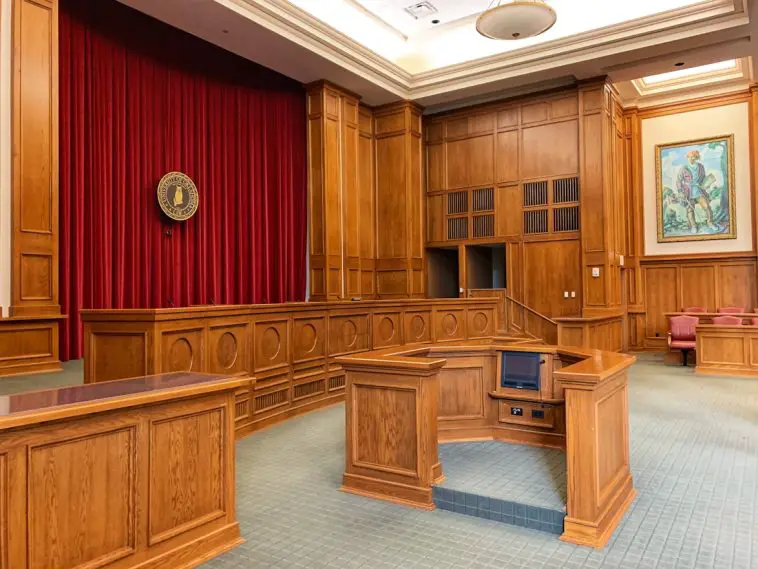Prayer is outlawed in government meetings—should we fight this?
The debate over whether prayer should be allowed in government meetings touches on key issues of religious freedom, tradition, and the role of faith in public life. From a conservative perspective, prayer in government meetings is not only a reflection of America’s Christian heritage but also a vital expression of religious liberty. Here’s why many argue that outlawing prayer in government settings would be a mistake.
Upholding Religious Freedom
The First Amendment of the U.S. Constitution guarantees the free exercise of religion, which includes the right to express faith publicly. Outlawing prayer in government meetings would directly infringe on this fundamental right. For many public officials and citizens, prayer is an important part of their lives and decision-making processes. Denying them the ability to pray at the start of a meeting suppresses their religious freedom and limits their ability to express their faith in a public space.
Allowing prayer in government settings does not establish a state religion; it simply honors the diverse religious beliefs of those who serve in public office. The government should not force individuals to separate their faith from their public responsibilities.
Acknowledging America’s Religious Heritage
Prayer has been part of America’s public life since the founding of the nation. The U.S. Congress itself opens every session with prayer, a practice dating back to the Continental Congress. Historical figures like George Washington and Abraham Lincoln openly expressed their faith and called for national days of prayer. These traditions highlight the role that faith has played in shaping the nation’s values and governance.
Outlawing prayer in government meetings would erase a long-standing practice that is deeply woven into the fabric of American history. For many, prayer is a way to seek wisdom, guidance, and humility before making important decisions that affect the public.
Promoting Moral Responsibility
For many officials, prayer before a government meeting is not about forcing religion on others but about promoting a sense of moral responsibility. When public servants pray, they often seek guidance for making fair, just, and moral decisions that benefit the greater good. Removing prayer from these settings could be seen as stripping away a source of accountability and moral reflection, which are essential when governing others.
Many argue that allowing prayer in meetings encourages leaders to think beyond personal and political interests and to focus on serving the community with integrity and fairness.
Inclusion of Multiple Faiths
Those who oppose prayer in government meetings often cite concerns about inclusivity. However, allowing prayer can actually promote inclusivity by reflecting the religious diversity of the community. Many government bodies have opened their meetings to prayers from a variety of faiths, including Christianity, Judaism, Islam, and others. This inclusivity ensures that all individuals, regardless of their religion, are welcome to participate in the tradition of prayer if they choose.
Rather than outlawing prayer, a more balanced approach would be to allow different faiths to contribute, reflecting the nation’s commitment to both religious freedom and pluralism.



